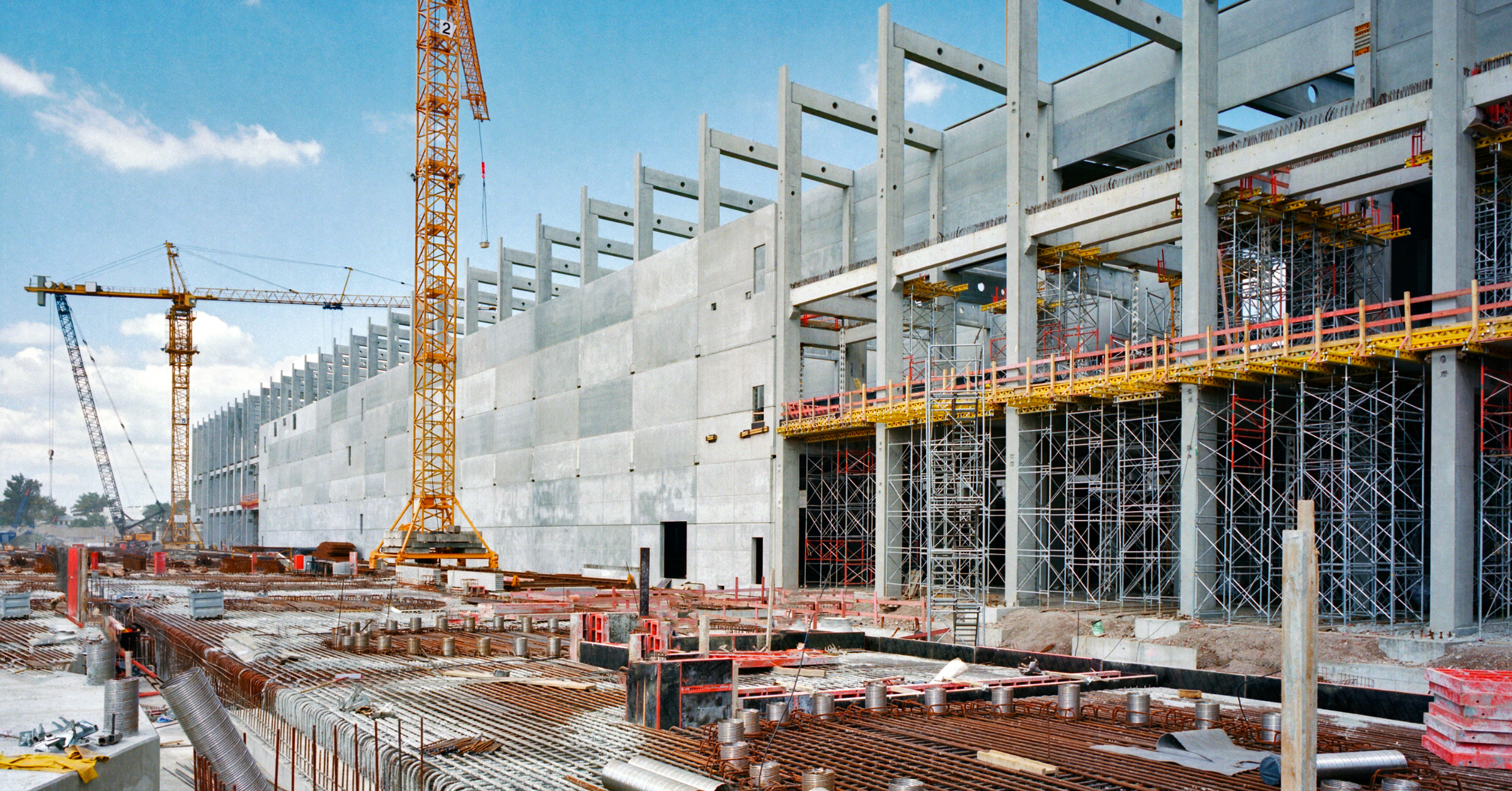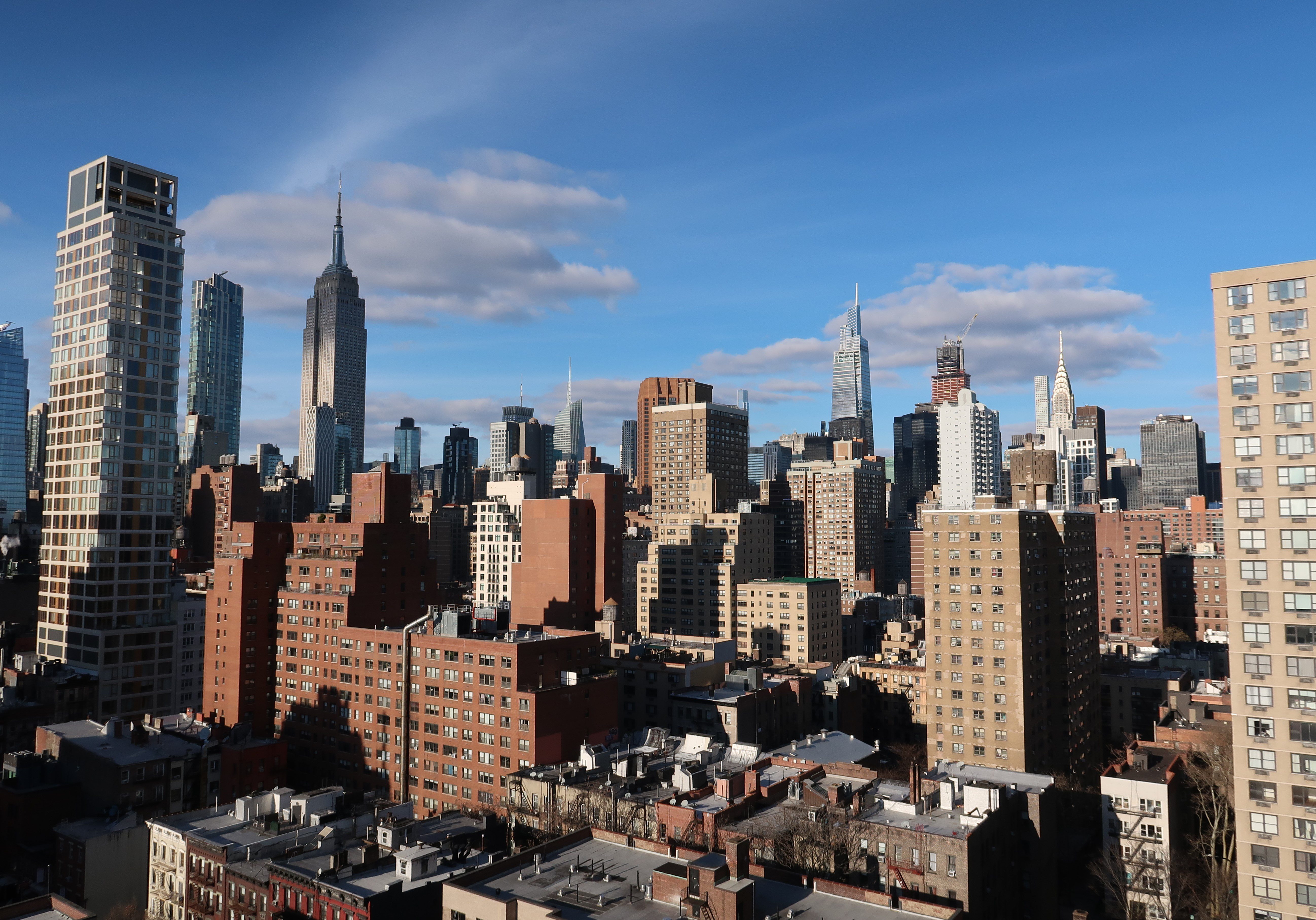If you’re planning any interior demolition or renovation, your project likely falls under the auspices of Directive 14 of 1975. Commonly known as a D14 filing, the New York City Department of Buildings (DOB) created this type of Alteration Type II (ALT 2) application to ease the backlog of filings that required DOB inspections.
Streamlined process
Directive 14 streamlines the filing process by allowing applicants to file for a limited examination at the DOB. Instead, applicants of record (the registered architect or professional engineer) are authorized to perform final inspections, although the DOB does audit approximately 30% of D14 filings.
D14 applications are filed for projects that don’t change the Certificate of Occupancy. In other words, the projects do not affect the use, occupancy or egress of the designated space or building, a key distinction between ALT 2 filings and New Building or Alteration Type I (ALT 1) applications.
Required paperwork
Specific paperwork needed for all D14 filings:
- PW1 – Plan of Work Application
- TR1 – Special Inspections Report
- PW3 – Cost Affidavit (DOB fees are typically 1% of total project cost)
The paperwork that may be required depending on scope:
- C – Required Items Checklist, for demolition and general construction self-certifications
- POC-1 – Professional and owner certification, for self-certification only (all project types)
- TR8 – Technical Report Statement of Responsibility for Energy Code Progress Inspections, for general construction and mechanical work
- TM1 – Application for Plan Examination, for fire alarm work
- PW4/ EUP – Equipment Use Application, for using heavy machinery
- AHV – After Hours Variance
Permit timeline
The time between application submission and permit issuance depends on the method of review.
For self-certified applications, the DOB typically issues permits 24-48 hours after filing. (This article covers the pros and cons of self-certification.)
If the project is filed under a standard review, the typical turnaround is 15-20 business days. However, this timeline only pertains to the initial review; immediate approval is not guaranteed. Objections could delay the filing process. That’s why many companies retain Milrose Consultants—to decrease the likelihood of application errors, thus speeding up the approval process.
For additional questions or comments on D14 filings, please contact Milrose.








